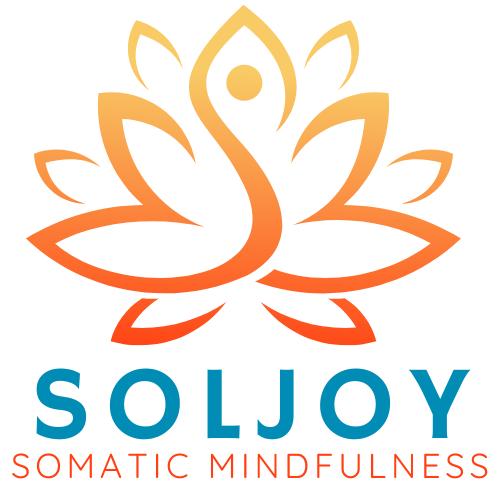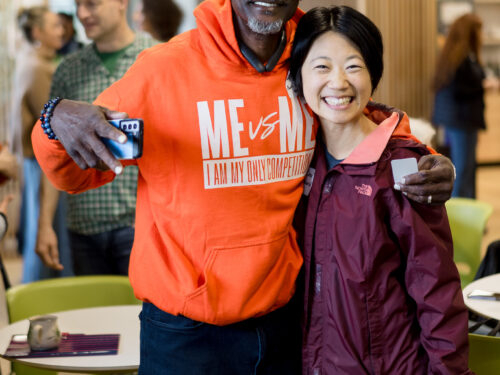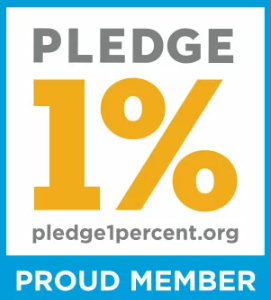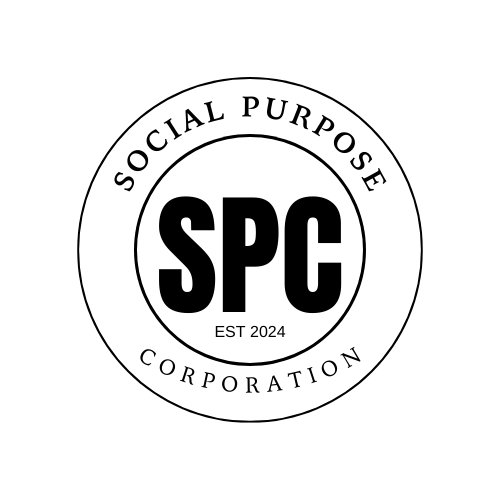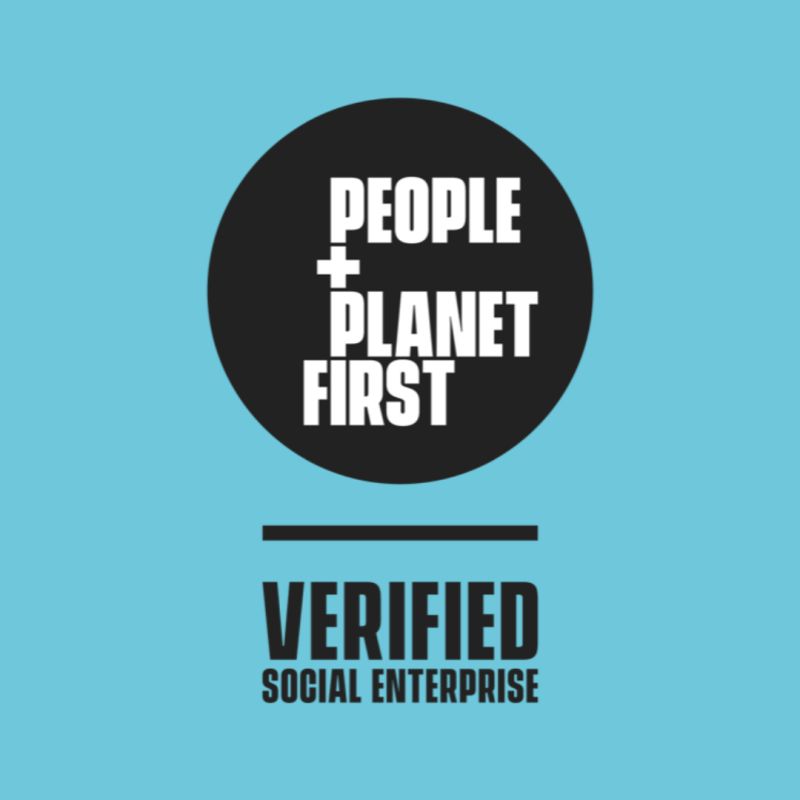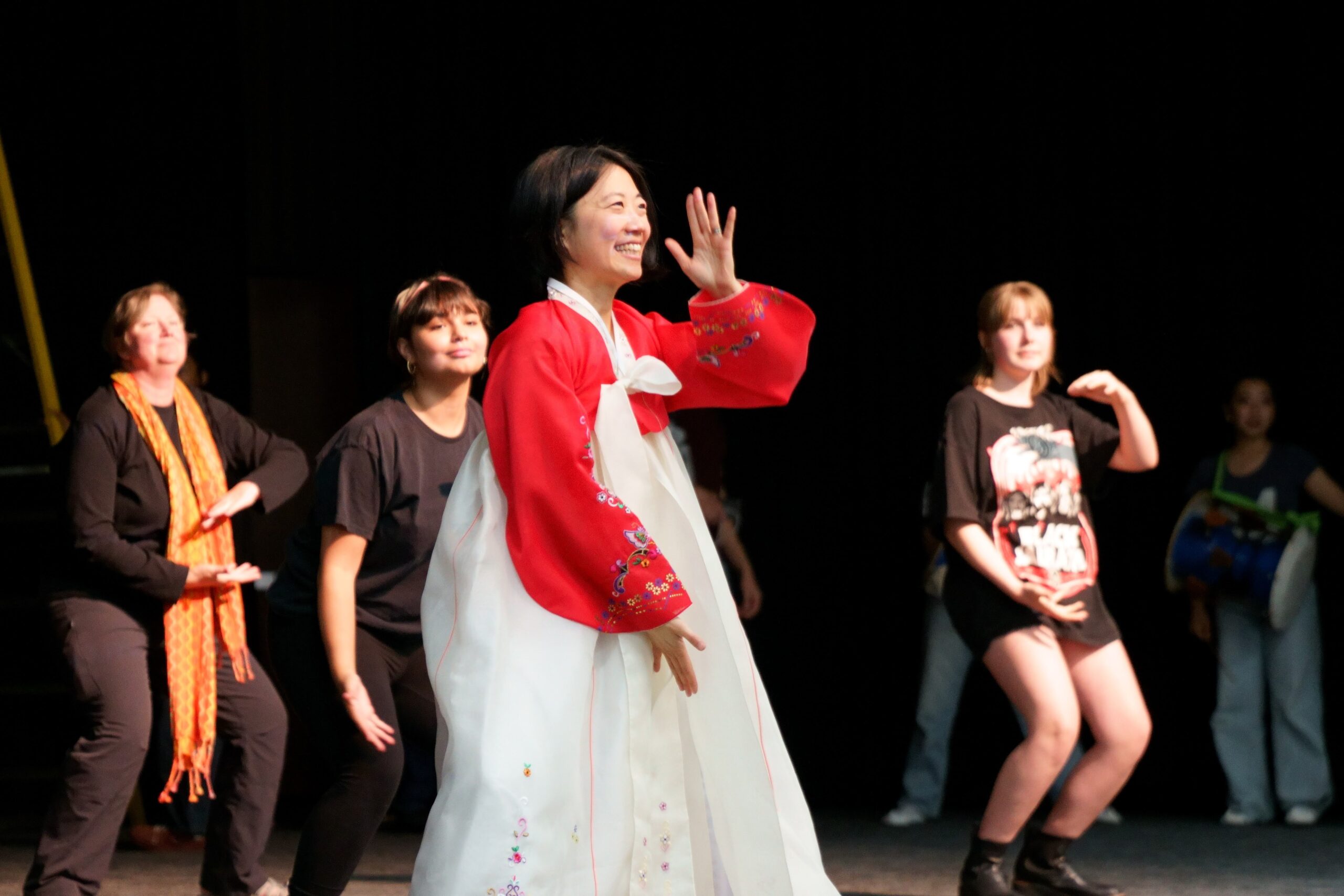
Forgiveness: From the Fatigue Trifecta to Freedom
“How are you?” my friends ask with a serious look, then joke with a smile, “Have you recovered?”
It’s been about 2 weeks since the inaugural Finding Peace: Korean Heritage Night event. They witnessed an intense 6 month creation from producing, directing, organizing, and performing the event from scratch.
While I haven’t counted the hours it took (cause I *really* don’t want to know) my guess is 1000 hours. My former event planner brain knows it takes about 3 full time people in 3 months to pull off an event of this scale and complexity for the first time.
“I’m doing well.” I respond with a short smile. As a wellness practitioner and trainer, my job is wellbeing. Success is measured by physical vitality, emotional equanimity (nonreactivity with a balanced mind), and spiritual joy.
For vitality, I did the unthinkable from my former hustle and grinder self. I took 3 days off at a meditation retreat a few days before the event. I felt so refreshed coming back.
My daily 2 hour meditation practice did wane down to an hour (didn’t beat myself up though) and I did have some super late nighters (I swear its my ADHD), but overall, I kept up on continuing my workouts, eating well, and not working harder when I needed rest.
So instead of being a hot, frantic mess days before the event, there was ease. Those two words “event” and “ease” were never in the same sentence before.
I even got to enjoy the show, despite numerous uncontrollable technical challenges.
We exceeded 4 out of 5 goals . . . and did I mention with ease?
- 365 registrants on a goal of 250
- 50 performers on a goal of 30
- 5 major media mentions on a goal of 3
- 20 volunteers on a goal of 10 volunteers
- $5,206* raised on a goal of $10,000 with 90+ donors
While meeting the marks physically, I’d failed on the emotional and spiritual front. I was not equanimous through an unexpected trigger for an old trauma. Nor did I feel joy in the weeks leading up to the event (though I did day of event). In fact, I was an emotional roller coaster due to many unforeseen challenges.
I didn’t realize hidden stressors were building up until I got hit with the “Fatigue Trifecta” that led to doubt, anxiety, and a mild case of IBS:
- Decision fatigue: Making too many decisions, constantly, with no rest–wearing out your brain power. By day of the event, my brain went to mush with too many decisions to make. I couldn’t support my volunteers as well and my day of event organizer hire had fallen through.
- Compassion fatigue: Listening to other’s hardships from friends and family, or the news can start to take a tool emotionally. Especially for empaths who feel the pain of others in their body. I found myself distancing myself in relationships that may have triggered them.
- Trauma fatigue: Unexpected triggers have you default to old patterns that no longer serve. Like many of my clients, I lacked the capacity to carve space out to process the emotion from the body at a deeper level until after the event.
With this Fatigue Trifecta, an 8th grade trauma resurfaced of being ostracized by mean girls. No one made eye contact with me for 3 months and I ate lunch alone in a classroom while my parents were getting divorced and a big rumor spread around school about me that wasn’t true.
My body had yet to process. A mild case of IBS resurfaced from 25 years ago. I felt quietly anxious, replaying the painful memory of present day conversations over and over frustrated I couldn’t move on. What I could have said, should have said . . .
My wellbeing tools alleviated immediate hurt, and I needed space to get the root of being able to move on.
Finding Freedom in Forgiveness
Then I attended the annual Conference for Global Transformation. Attending a Forgiveness workshop, I found the missing element: Forgiveness. I discovered:
Forgiveness isn’t forgetting. Forgiveness is remembering without harboring resentment or regret. It’s a willing choice you make regardless of your thoughts and feelings.
This set me free.
By distinguishing that to forgive doesn’t mean to forget–but to remember with harboring resentment or regret gave me access to freedom. I could forgive myself and others for what had happened. By not waiting to feel like forgiving, I could simply choose to by being willing.
I had walked in anxious and ruminating and walked out liberated.
My mind got clear and IBS symptoms drifted away, almost overnight. I was shocked how effective this was. But now, how do I engage moving forward from hurtful, unresolved interactions with whom I thought were closer friends?
Lessons Learned
While I believe every misery is sourced from within, it still matters what company you keep.
Times of stress are great windows into one’s true nature. How do you and others react or act?
My default pattern is to be a sacrificial martyr or be a rescuer/healer/savior. This pattern doesn’t bode well when it comes to building the right relationships around you. So even someone who behaves repeatedly from a lower vibe with me, I’ll do what they want, against my wishes, “to keep the peace” hoping I can be the one to heal them, attempting to right a wrong, and worried if I don’t, they’ll tarnish my reputation in the community.
So, I stayed away from friendships altogether. Never one to get too close. But now that I had done the inner work of forgiving myself, I had a clear mind on who to repair a rupture with or not. I had a thicker skin to deal with potential gossip or backlash without hardening my heart to humanity.
Here are questions I asked myself in discerning who was a good influence on my soul.
During Challenges or Hardships Does this Person:
- Back you up when others speak negatively of you?
- Come to you if there’s a trigger to work through versus gossip with others?
- Assume the best of intentions when there is misunderstanding or conflict?
- Listen to you as your best self even when you’re down on yourself?
- Confront challenges with love and patience?
In short, and as I tell my 13 year old son, there’s only one litmus test in relationships:
Do they inspire you to be a better person?
If not, it’s not that you disown or distance from those relationships. You can still have compassion knowing “They’re doing the best they can with the tools they have.” AND you can choose powerfully at what level you’ll engage while still being kind and loving.
Lessons Learned
Emotional conflict is a chance to allow your own triggers and trauma to surface and flow through. I’m grateful to have worked through a major 8th grade trauma stuck in my body emotionally the last two decades.
By forgiving myself unconditionally, I was able to forgive others. This allowed me to establish healthy boundaries in old friendships that felt true to myself. Instead of reacting and distancing myself, I can still stay engaged with loving kindness and choose to discontinue professional work together.
With a clear mind, I’m now equipped to invest in relationships who inspire me to be a better person moving forward. I can move on to work with organizations and people that source joy and life in me as a mutual exchange, bettering the both of us for the long term.
MISSED THE EVENT?
- REPLAY: Here’s the Finding Peace: Korean Heritage Night replay
- LEARN: Hallyu video, Bella Kim’s at BIMA, Han Kang poem, & more!
- VIEW: Here’s the photo album to enjoy
- SHARE: Provide your feedback including 3 words to describe the night–would love to know!
- ATTEND: Asian Arts and Heritage Festival events through end of the month and enjoy so many cultural extraordinary performers!
–
Anna Choi is an author, TEDx speaker, and founder of SolJoy, a social enterprise blending ancient wisdom with modern mindfulness. As aKorean American, her story of navigating two worlds shapes her upcoming memoir, Finding Peace in Chaos: Soul Strength in an Ego-Driven World. Through retreats, courses, and her nonprofit Peaceful Warriors, Anna supports underserved leaders in restoring resilience and joy through meditation, martial arts, and music. Her writing invites readers to come home to themselves cultivating wellbeing within. Learn more at https://linktr.ee/annasunchoi.
For further resources on establishing healthy emotional boundaries, check out these blogs:
- Master the art of no (Success is What You Say No has been a guiding light!)
- Dare to Feel when setting emotional boundaries
- Double down on rest (More on this in a LI post here) by training your brain in equanimity
